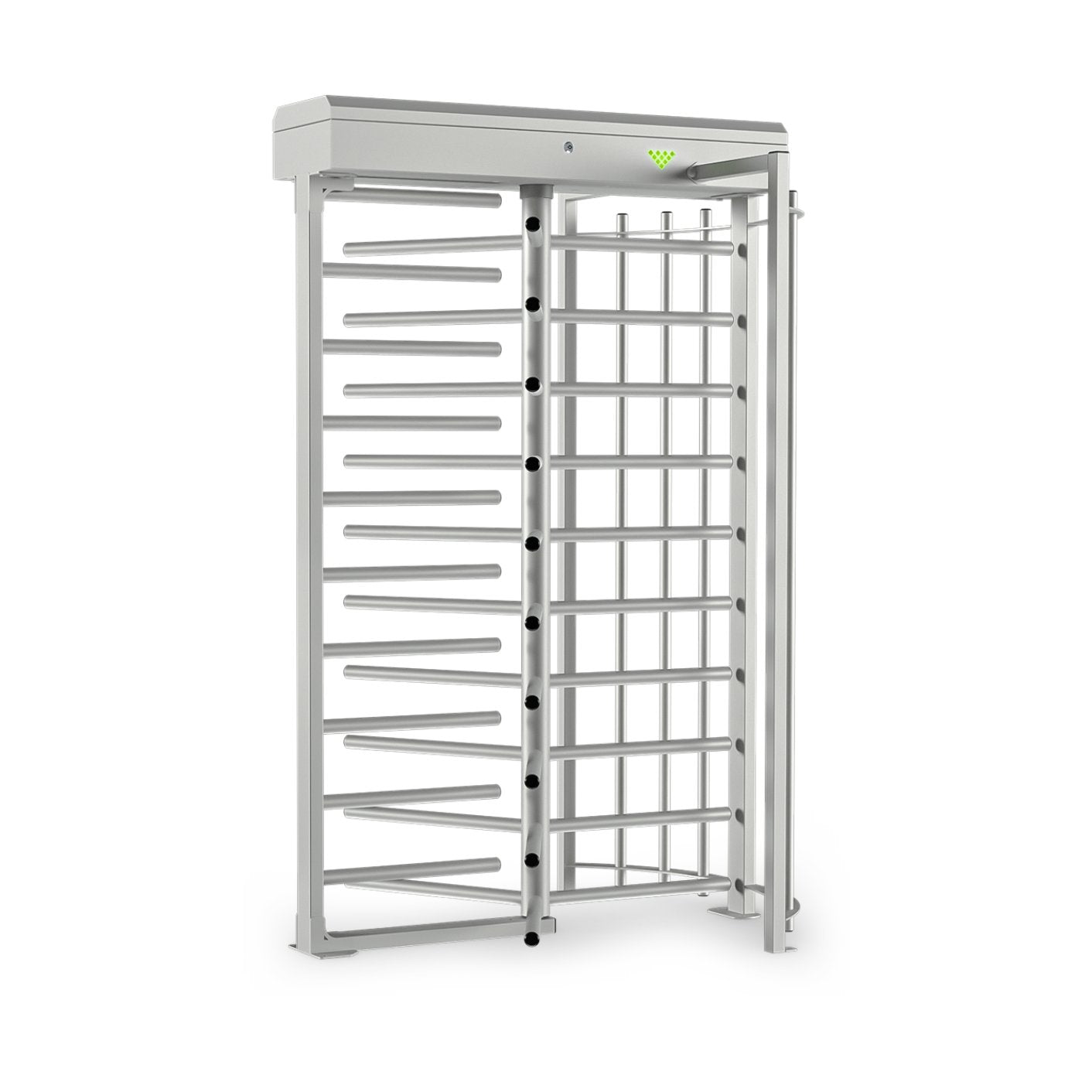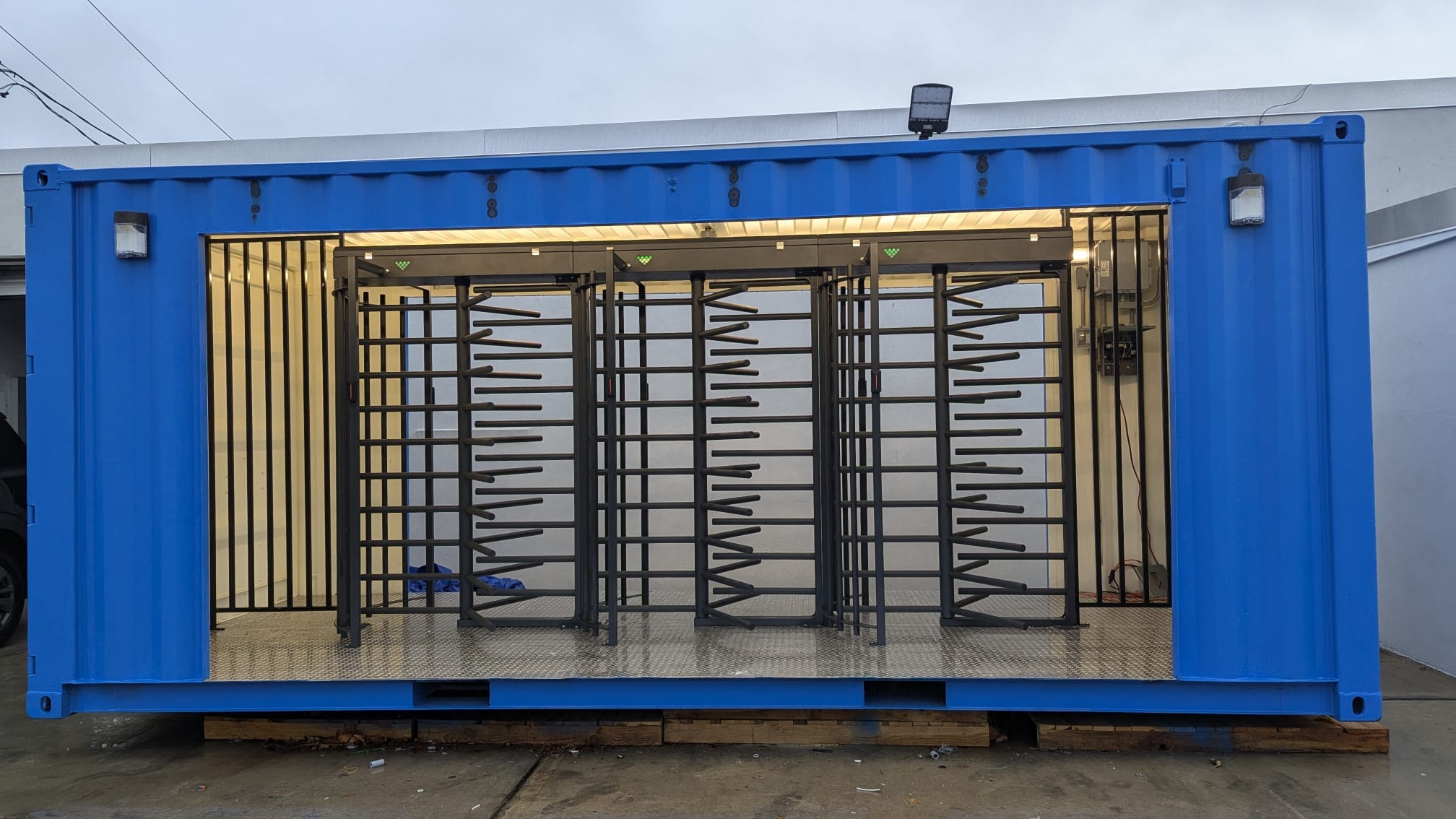The Future of Access Control: AI and Smart Security in 2030
Access control has already moved far beyond traditional locks and keys. By 2030, the industry will look dramatically different, shaped by artificial intelligence, mobile-first credentials, and fully integrated smart security ecosystems.
This article explores the key trends that will define the future of access control and how organizations can prepare today.
AI-Driven Identity Verification

Smarter Authentication
Artificial intelligence will power real-time decision-making, analyzing biometric data, behavior patterns, and context before granting access.
Adaptive Security
AI systems will adjust permissions based on risk — for example, flagging unusual entry times or detecting tailgating attempts in real time.
Touchless and Frictionless Entry
Mobile Credentials as the Standard
By 2030, smartphones and wearables will likely replace most access cards and fobs. NFC, Bluetooth, and QR-based systems will be the norm.
Biometric Everywhere
Facial recognition, iris scanning, and palm recognition will be integrated into everyday access points, creating seamless and hygienic entry experiences.
Integration with Smart Buildings
Unified Security Ecosystems
Access control will merge with video surveillance, HVAC, lighting, and occupancy sensors into single, AI-managed platforms.
Data-Driven Insights
Buildings will use access data to improve energy efficiency, space utilization, and emergency response planning.
Cybersecurity in Physical Security
Secure Data Handling
As more biometric and mobile credentials are used, protecting this data will be as important as physical barriers themselves.
Zero Trust Models
Access control will adopt zero trust principles, constantly verifying users and devices rather than assuming continuous access.
Sustainability and Green Security
Energy-Efficient Hardware
Manufacturers will focus on low-power barriers, gates, and readers.
Smart Traffic Flow
AI-powered barriers and turnstiles will reduce congestion, lowering emissions in transport hubs and parking areas.
Preparing for the Future Today
Invest in Scalable Systems
Choose access control solutions that support biometric, mobile, and AI-ready integration.
Focus on Compliance
Data privacy and compliance (GDPR, CCPA, emerging AI regulations) will shape access control strategies.
Layer Security
Combine physical barriers with AI monitoring, analytics, and cybersecurity protections for a holistic approach.
FAQ: Future of Access Control
Will access cards disappear completely?
Likely not, but they will become secondary to mobile and biometric credentials.
How will AI improve access control?
By analyzing behavior, context, and anomalies, AI will reduce false approvals and increase detection of security risks.
Is the shift to AI and biometrics expensive?
Yes upfront, but the long-term ROI comes from reduced staffing, fewer breaches, and improved efficiency.
Why Choose TurnIQ?
TurnIQ builds access control systems designed with the future in mind. Our turnstiles, barriers, and biometric integrations are already compatible with the next wave of smart security innovations.
Want to future-proof your facility? Contact TurnIQ for expert guidance.
Conclusion
The future of access control is smart, touchless, and AI-driven. By 2030, organizations will rely on fully integrated ecosystems that combine physical security, data intelligence, and user convenience. Preparing today ensures your facility won’t be left behind.





